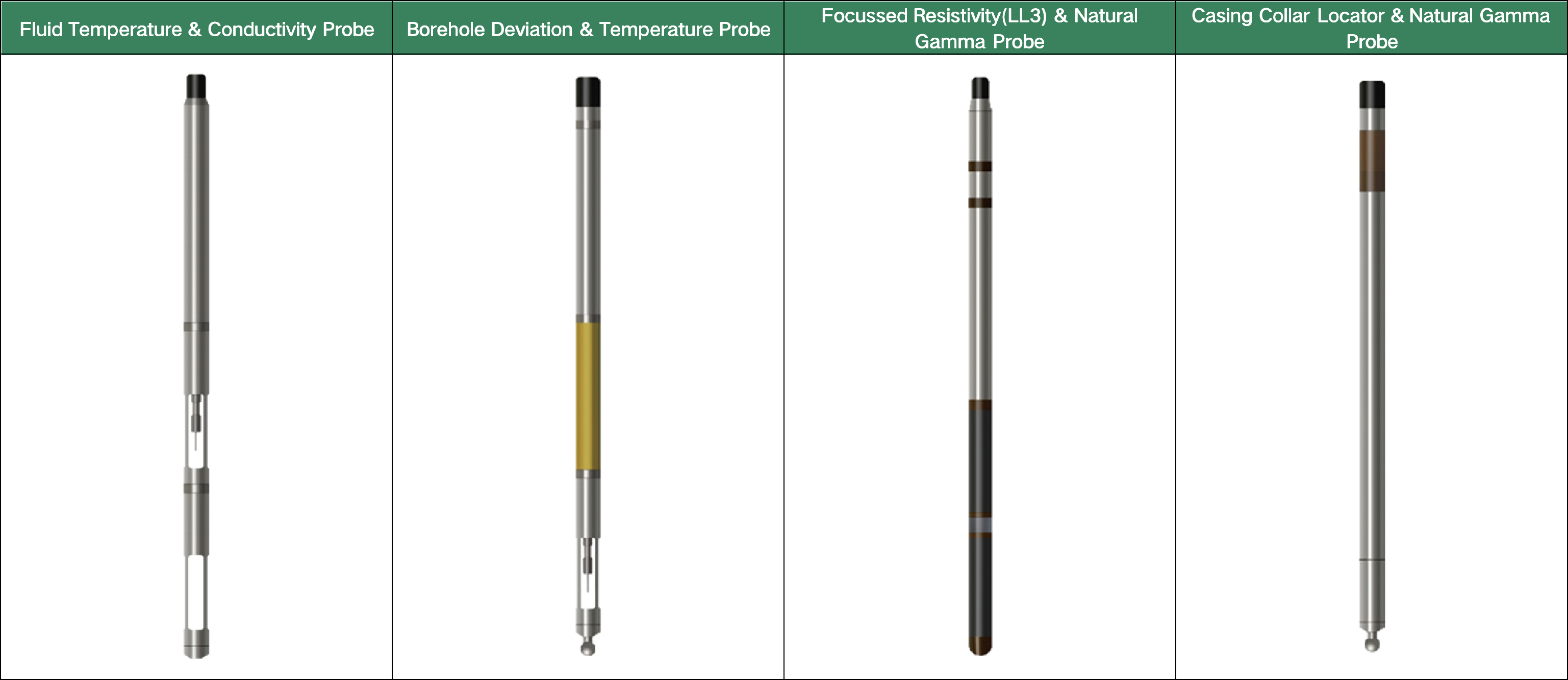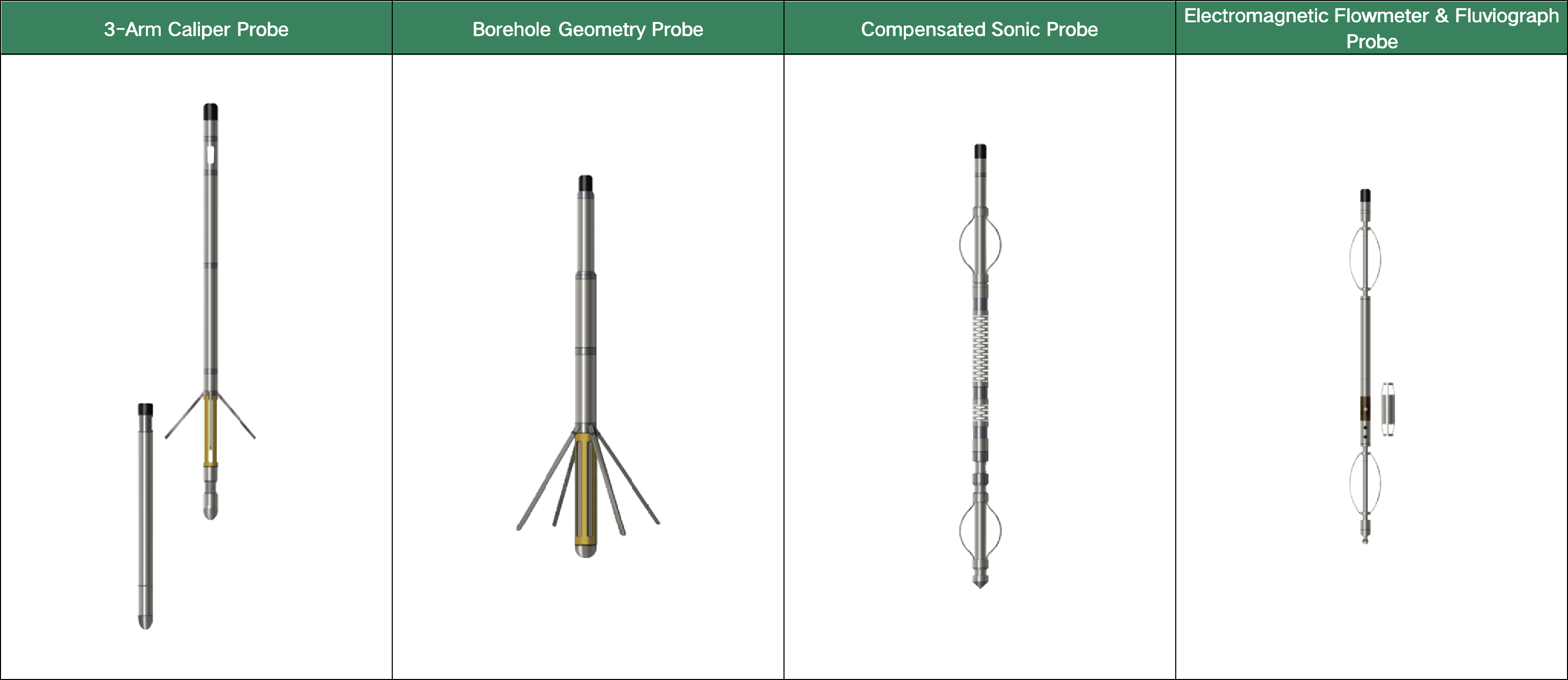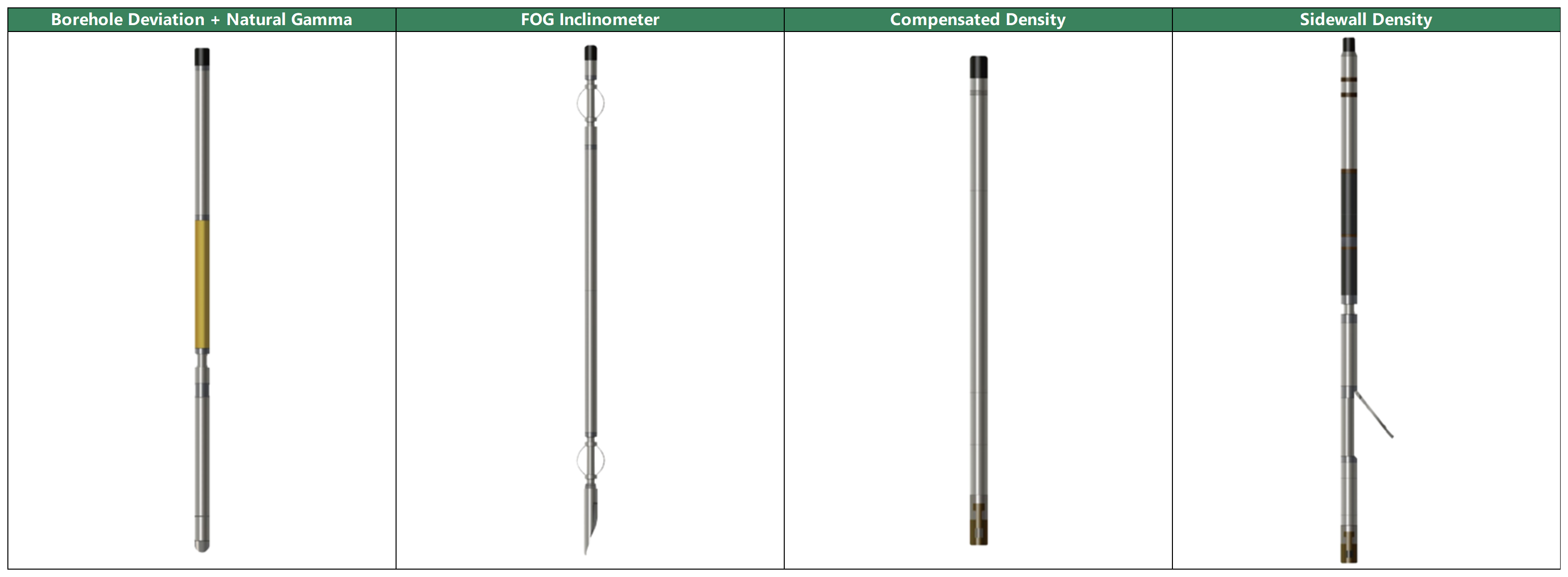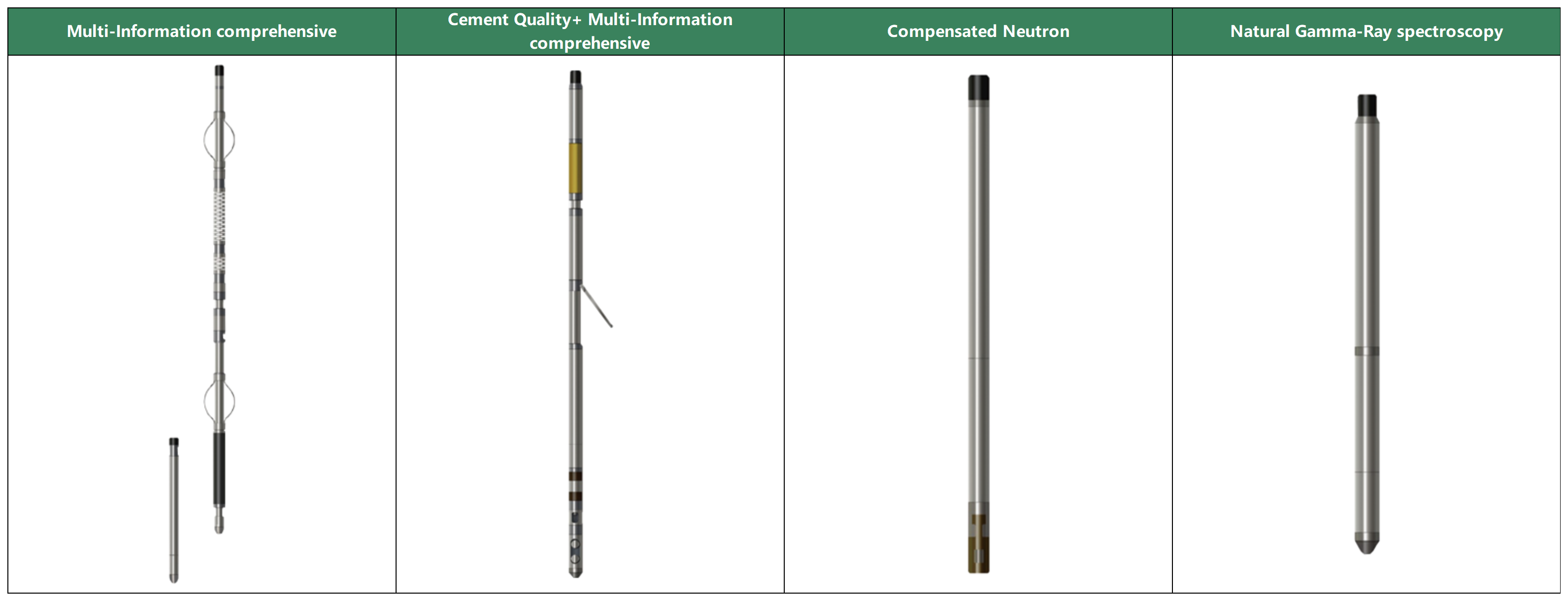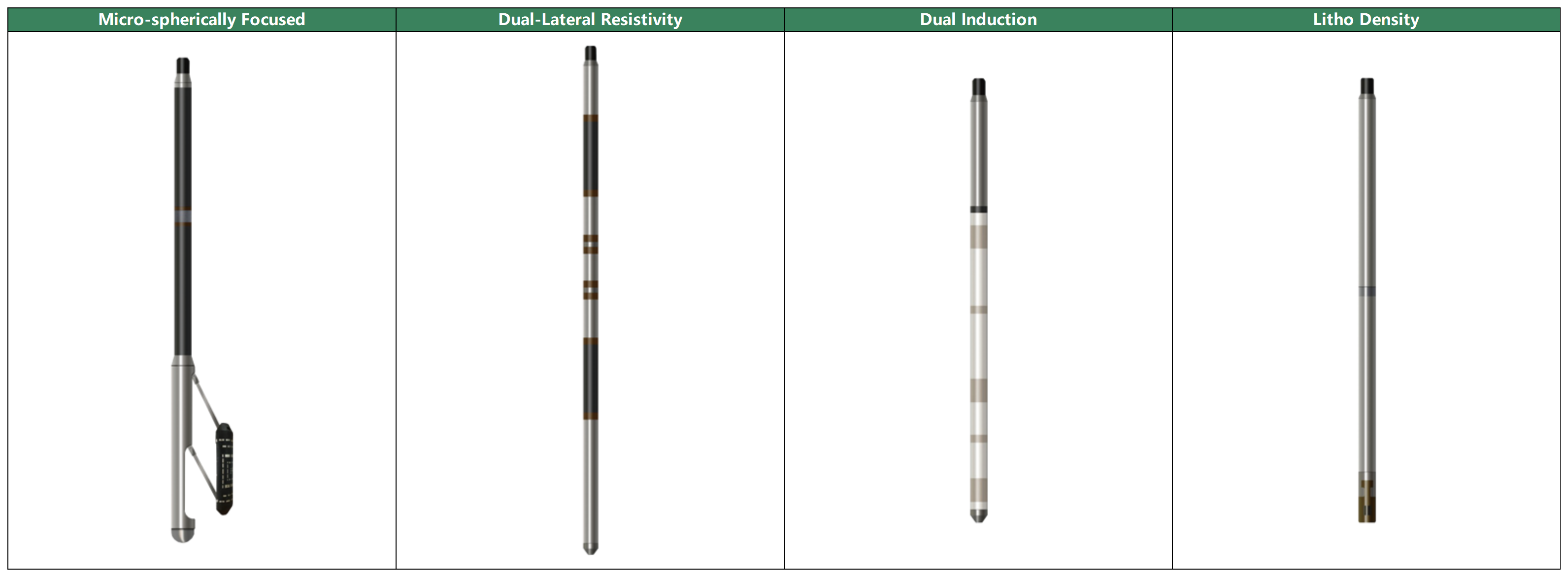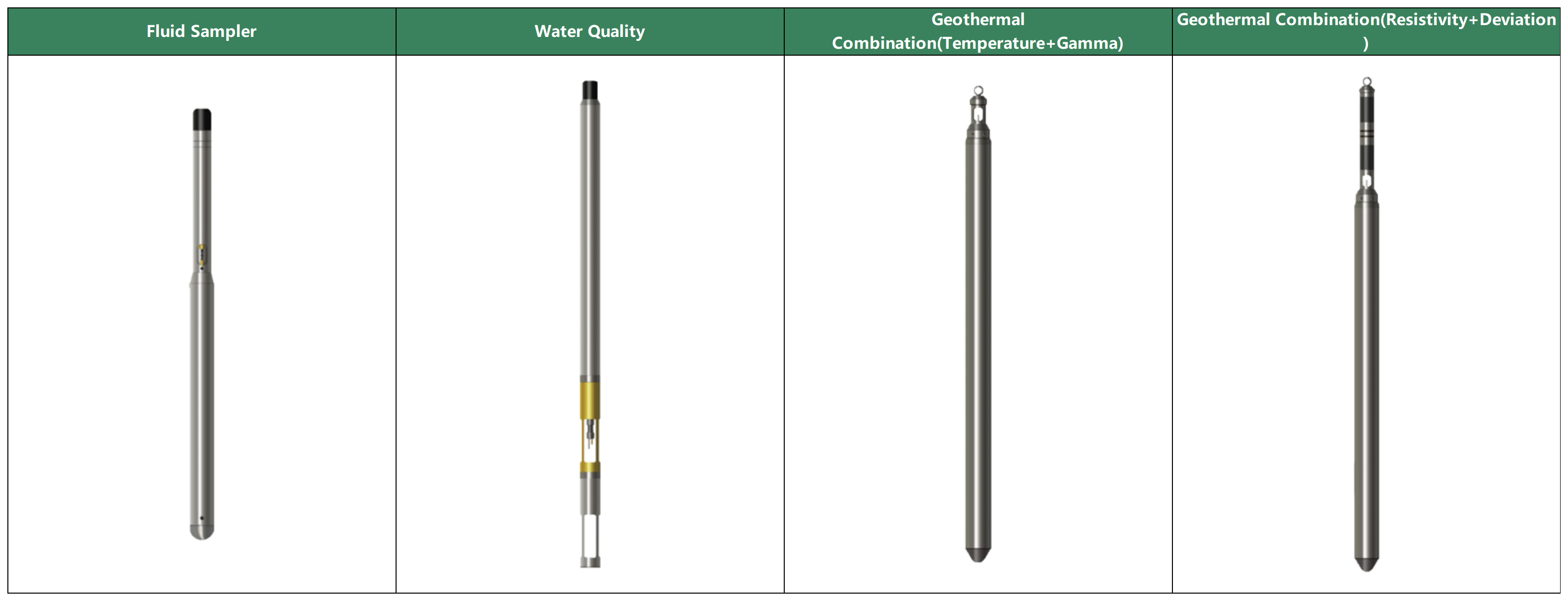
The GELS-Y is a digital logging system specifically designed for fieldwork convenience, capable of connecting to various logging pipes and probes. By incorporating advanced technology, it replaces the traditional heavy, single-probe ground-based instruments with a lightweight, versatile system that can connect to multiple types of logging probes. It also includes depth measurement, power supply functionality, and more. The instrument is lightweight, easy to operate, and supports multiple types of logging probes. It features shock resistance, temperature resistance, moisture protection, and high reliability.
The GELS-Y integrated digital control logging system is a new generation of digital logging equipment, developed based on over 20 years of experience in the production and successful R&D of digital logging devices. It follows the latest international trends in small digital logging technology while also taking into account China's unique conditions. Compared to other similar products, this equipment offers several key advantages:
lA wide range of measurement parameters and broad applicability.
lHigh reliability with a long Mean Time Between Failures (MTBF).
lLightweight and portable, making transportation easy.
lSimple operation and maintenance.
These advantages are primarily due to the system's design, which incorporates the strengths of various technologies, fully considers the diverse needs of different industries, and ensures competitiveness in the international market. The GELS-Y system is capable of measuring over 20 types of parameters, covering a wide range of industries including metal ore, coal, oil fields, radioactive materials, hydrology, and more, all with excellent cost-effectiveness.
Standardization and Modularity
Fully Digital Underground Signal Transmission
Oversampling Technology for Maximum Formation Information
Small-Sized Underground Probes with High Pressure Resistance
1. Standardization and Modularity
The GELS-Y integrated digital control logging system applies a standardized and modular design across both hardware and software, whether it's for probes, ground boxes, signal measurement, or signal transmission. The advantages of standardization and modularity include excellent product consistency, high maintainability, and enhanced reliability. The system is easy to operate and maintain, with fully universal accessories that allow for easy expansion.
2. Fully Digital Underground Signal Transmission
All signals from the underground probes are converted by A/D and encoded before being transmitted to the surface. The communication between the underground probes and the ground system is bidirectional. Digital signal transmission significantly improves anti-interference capabilities, and the system itself includes error correction to ensure high-quality signal transmission.
3. Oversampling Technology for Maximum Formation Information
The GELS-Y system uses oversampling technology to gather formation information. The oversampling rate increases as the logging speed decreases, ensuring effective digital filtering, improved spatial resolution, and enhanced identification of useful information.
4. Small-Sized Underground Probes with High Pressure Resistance
The GELS-Y probes have a diameter of approximately Φ40 or Φ50 mm, with lengths between 1000 and 1500 mm. The probes are made of stainless steel and can withstand water pressure of 20–40 MPa and temperatures of 70–90℃. Special orders can be made for probes withstanding up to 60 MPa water pressure and temperatures up to 120℃.
1. Operating Environment
lPower supply: 220V, 50 Hz
lOperating temperature: -20℃ ~ 45℃
lOperating humidity: ≤90% (at 45℃)
2. Depth Measurement System
lDepth measurement range: 0 ~ 9999.99 m
lDepth resolution: 0.28 mm
lSpeed measurement range: 0 ~ 9999 m/h
lOptical depth pulse signal: 3600 pulses per meter
3. Signal Transmission System
lDownhole output signal: bipolar encoding
lCommunication interface: RS232 or USB
lDownhole signal detection level: ±0.5V ~ ±12V
4. Depth Scaling
1:10; 1:20; 1:50; 1:100; 1:200; 1:500, etc.
5. Drawing Accuracy
l8 points per millimeter (curve)
l64 pixels per square millimeter (image method)
6. Probes

